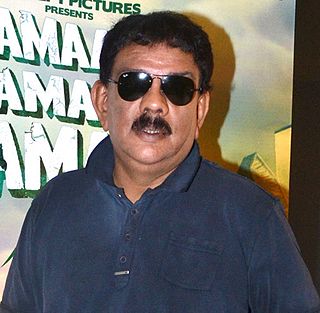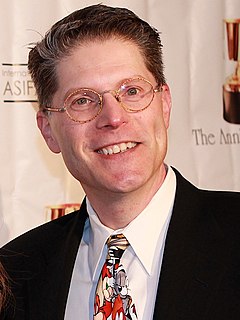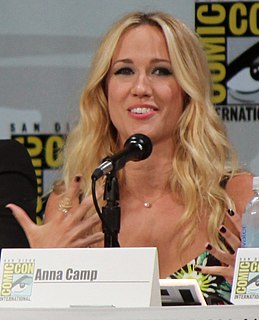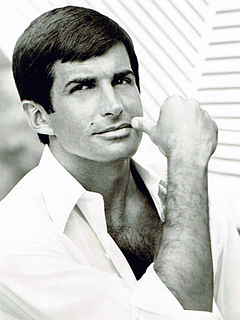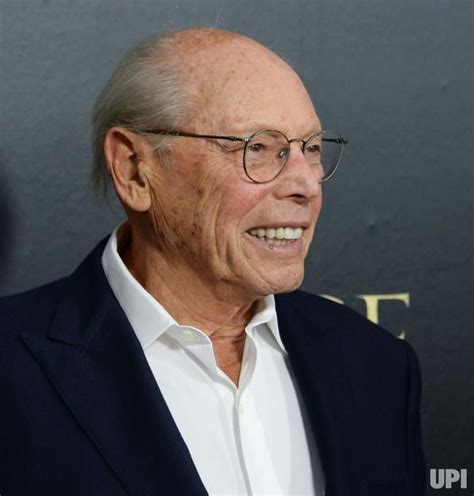A Quote by Bill Plympton
I don't see why it's such a stretch for distributors, buyers, and studios to put cartoon characters into adult situations on film.
Quote Topics
Related Quotes
I think distribution has become a lot harder. With the whole explosion of digital video, there's just a lot more people making films. Distributors have a lot more choice. I do think there's an audience out there for small films. It's obvious to me what the studios do: they've co-opted independent film. They all have their independent arm. They can afford to crush the competition.

